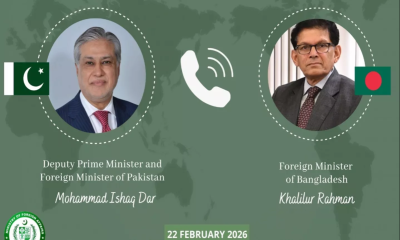In a major international recognition, Bangladesh has been elected to the International Maritime Organisation (IMO) council for the 2024-25 biennium.
State Minister for Shipping Khalid Mahmud Chowdhury confirmed the development soon after the polls results were published.
The election to the UN shipping agency`s governing council was held at its assembly in London on Friday. It came just four days after Bangladesh High Commissioner to the UK Saida Muna Tasneem was unanimously elected with 150 votes as the First Vice President of the 33rd Assembly of the IMO.
Bangladesh’s election falls under the Category (c). In this category, there are 20 states which have special interests in maritime transport or navigation and whose election to the Council will ensure the representation of all major geographic areas of the world.
The rest 19 states of the category are: Bahamas, Chile, Cyprus, Denmark, Egypt, Finland, Indonesia, Jamaica, Kenya, Malaysia, Malta, Mexico, Morocco, Peru, the Philippines, Qatar, Saudi Arabia, Singapore, and Türkiye.
The IMO is responsible for regulating the safety and security of international shipping and preventing pollution and comprises 175 member state countries.
Other than Bangladesh, 39 countries were elected by secret ballot to the IMO Council, which supervises the work of the body. They include China, Greece, Italy, Japan, Liberia, Norway, Panama, South Korea, Britain and the United States.
Ukraine, which was not standing for election, had pushed for Russia to be ousted from the IMO Council.
The outcome is another blow for Russia after it failed in its bid to return to the UN`s top human rights body in October, in an election seen as a key test of Western efforts to keep Moscow isolated.
Last year Moscow also failed to win enough votes for re-election to the UN aviation agency`s governing council.
Russia`s IMO delegation told the Assembly earlier on Friday that it deserved its place on the Council.
In October, Russia said the IMO was departing from its impartial role due to "external pressure" which it said was impacting the fair treatment of all member countries.


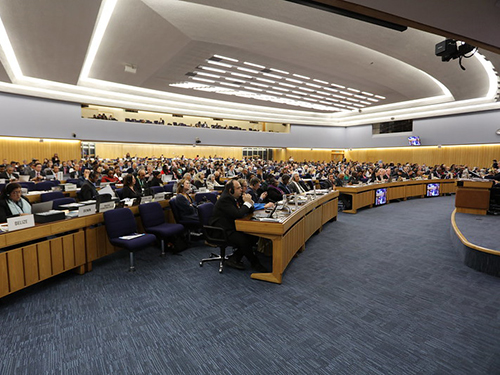

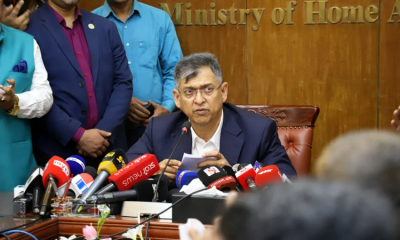


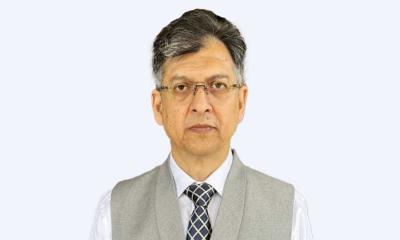

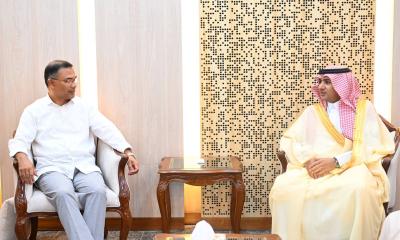
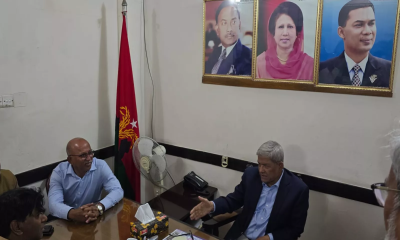
-20260223082704.webp)
-20260223074941.jpeg)
-20260223062301.jpg)


